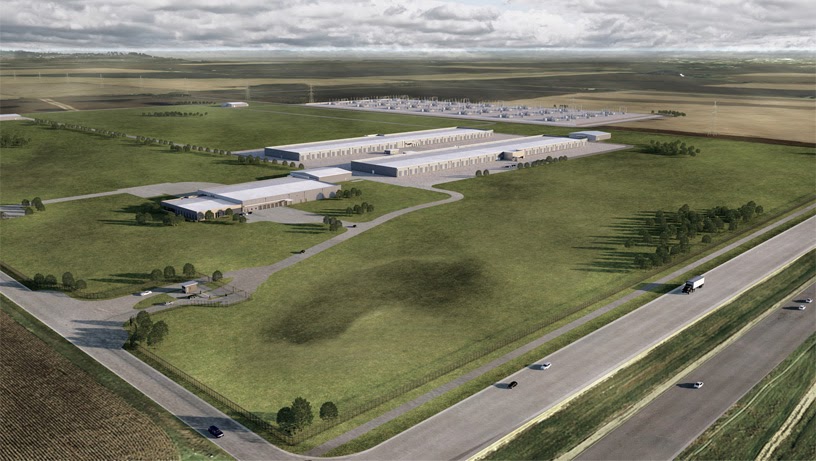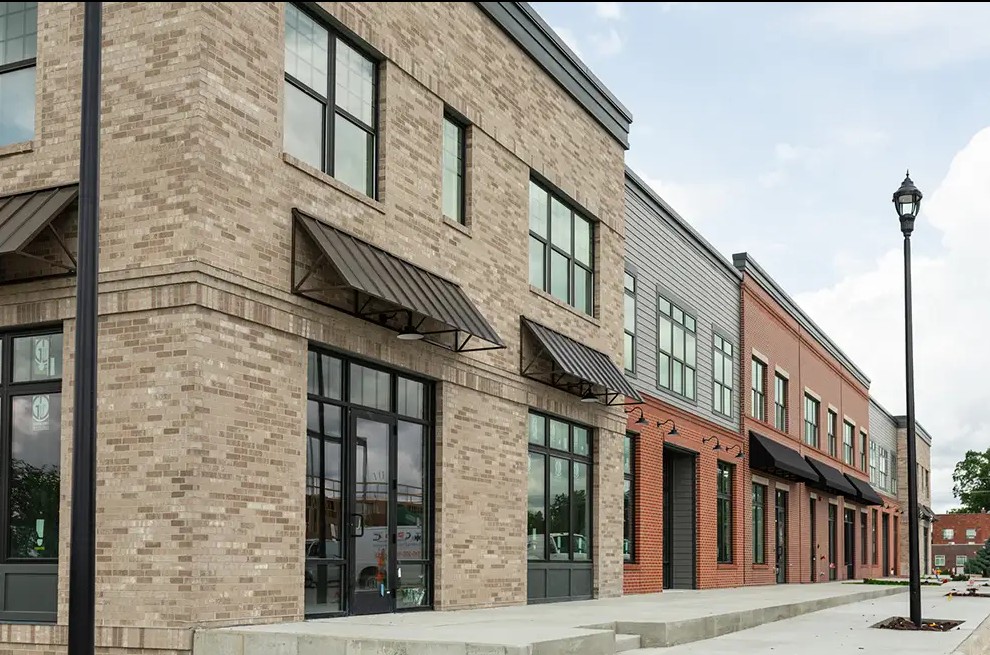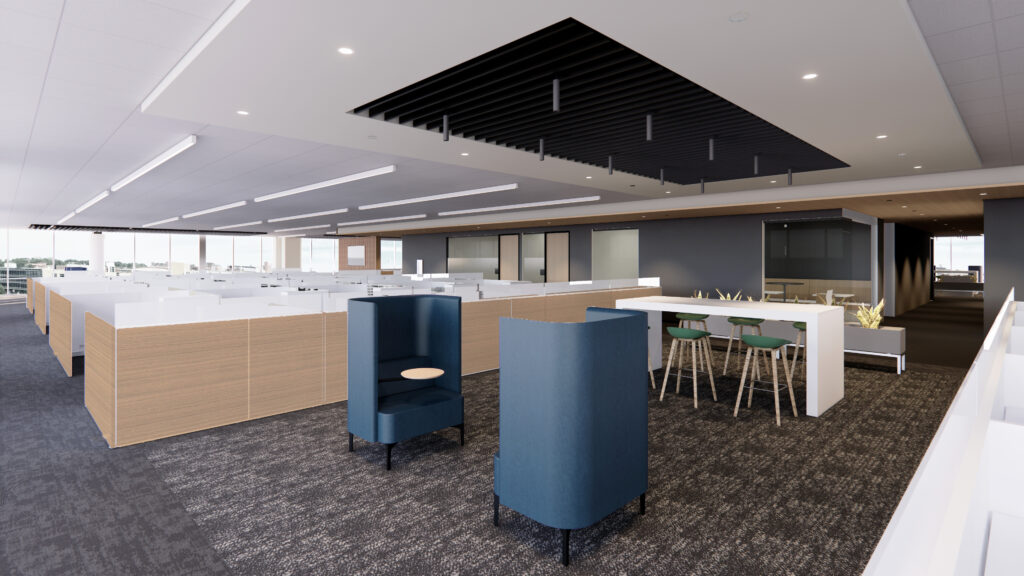A Closer Look: Tom DeWaay
Vice president, NAI Ruhl & Ruhl Commercial Co.

Tom DeWaay has joined NAI Ruhl & Ruhl Commercial Co. as a vice president. After spending nearly nine years at CBRE/Hubbell Commercial, he was coaxed out of that company in 2008 to help open a metro area office for California-based Marcus & Millichap Real Estate Investment Services Inc. DeWaay recently was named a vice president at NAI Ruhl & Ruhl Commercial Co. in West Des Moines. He provides an insider’s view of the high and lows of the commercial real estate market.
What’s your assessment of the overall commercial real estate market in Greater Des Moines?
We have seen a market that has been steadily improving over the last year, year and a half. Unless something derails that improvement, I expect the market to continue that way.
Some people want to see more federal stimulus programs. Would they help or hurt the recovery in the market?
Stimulus would always help, but it’s a short-term fix. It could help boost us to the next period. Keeping (interest) rates low is going to be the key thing for us for the next couple of years.
Is the market recapturing some of the value lost during the recession?
Values really haven’t moved much, in my opinion, in the past year. We obviously saw a decrease; we saw a plateau of property values, but we haven’t seen property values move necessarily one way or the other very dramatically for any asset classes. Although, when we look at the apartment sector, we see a number of buyers trying to acquire properties but not very many sellers. What are they going to exchange into, what are they going to buy with their money if they do sell? Apartments are one of those asset classes that most investors would like to have their hands on. We’ve seen improvements in both office, retail and warehouse vacancy rates. But I haven’t seen values dramatically increase in those asset classes.
The discounted sales aren’t a drag on values?
Yes and no. There are a couple of firms in the market that are looking to buy nonperforming loans at a discount, and when those properties go to receivership, which is a big role NAI Ruhl & Ruhl plays as receivers, after they get a receivership and they are foreclosed on, a lot of times they are sold at a discount. A lot of these properties have some hair on them. Either they have vacancy problems or deferred maintenance issues, some type of issue that is going to affect their value one way or the other. Just because they are a foreclosed property doesn’t make them cheaper. There is a reason why their values are less. One property which I just sold … was half vacant and had been half vacant for four years. We have seen a lot of these office properties, and some retail, but especially office properties, that have been vacant for a while that the previous owners couldn’t sustain them anymore, couldn’t pay the mortgages. Those loans were sold to a group, usually a hedge fund. Those hedge funds then foreclosed on the properties, then the properties come back to market at a substantial discount. It’s going to take another two or so years to sell a lot of that product. There is a lot of product still in the pipeline, and unfortunately there’s still a lot of pain that is going to have to be endured by some of the owners who have been feeding these assets that haven’t performed as well as they had hoped.
Lenders have a lot of cash. What happens if they start making loans in a big way?
Banks do have money, and they are willing to lend, but they are not lending to anybody. If the borrower is a stable borrower who has strong universal cash flow … those are the kinds of investors that banks are looking for, and if they see them out there they grab onto them as quickly as possible. They’re looking for the borrowers who will help them sleep at night. They don’t want to have to worry about loans they make going forward. They have been down that road, and now they are required to be more stringent on those loans. … For the most part, I think we’ll continue to see a slow, steady improvement.
What would make this area more attractive to investors?
One thing that is going to make a huge difference is the Alice’s Road interchange. We talk about a sub-market; that interchange is going to open up a whole gamut of opportunities in retail, apartments, warehouse, flex. That’s a very exciting improvement.











